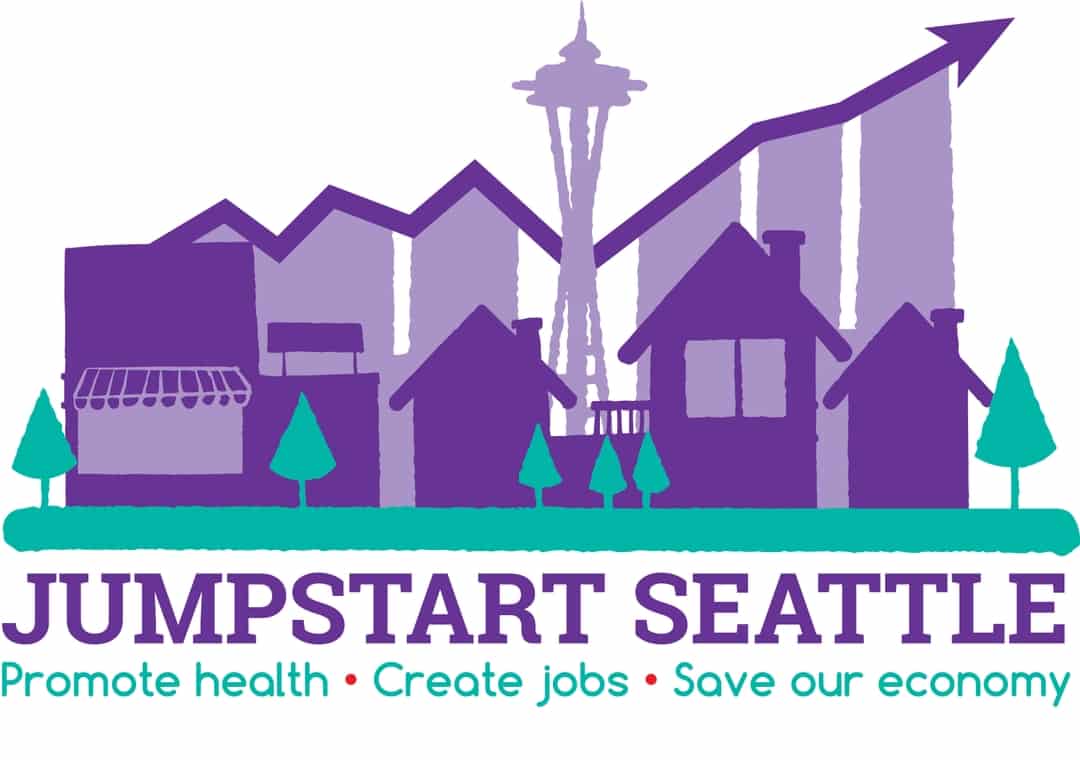The City of Seattle has the legal authority to levy an excise tax on annual payrolls of $7 million or higher with employees who make $150,000 or more annually, a King County Superior Court judge ruled today, dismissing a legal challenge against Councilmember Teresa Mosqueda’s JumpStart revenue ordinance in a landmark win for the City Council and the people of the Emerald City.
“The City has authority to tax all business activities in the City,” Judge Mary Roberts ruled in a signed opinion. “The payroll expense tax is an excise tax measured by payroll expenses and paid by businesses that engage in business with employees in the City. Employees do not pay the tax.”
“The court concludes that the payroll expense tax is a permissible tax on the privilege of doing business. The court rules, as a matter of law, that the City’s payroll expense tax is a valid excise tax on business under the taxing authority granted to cities by the Washington State Constitution and statutes.”
The Court took no position on the wisdom of the ordinance, Roberts noted, only its legality. Roberts granted the City’s motion to find the tax constitutional, and ordered that the Seattle Metropolitan Chamber of Commerce’s complaint for declaratory judgment and all its claims be dismissed with prejudice.
The Chamber, whose membership includes corporations that would pay the tax, decided to file a legal challenge after the Council approved the ordinance.
The Chamber has the option of appealing Roberts’ ruling, but it would have to persuade the appellate courts that Judge Roberts erred in reaching her conclusions. We agree with City Attorney Pete Holmes that Seattle is on firm legal ground and well positioned to continue to prevail should an appeal be filed.
Here is Roberts’ decision:
Judge Mary Roberts’ ruling in Seattle Metropolitan Chamber v. City of Seattle“Congratulations to the broad swath of Seattle small and large business owners, residents, housing and homelessness advocates, labor unions, equity-based organizations, environmental organizations, and more, who helped me introduce and pass JumpStart Seattle, for yet another vote of confidence in our progressive revenue proposal,” said prime sponsor Councilmember Teresa Mosqueda.

“This is another victory for the residents of Seattle led by the City Attorney’s office, who was instrumental providing counsel while drafting the bill, and now defending the law,” Mosqueda’s statement added. “I am glad to have this frivolous challenge behind us, since the reality is the opponents say they want the same investments JumpStart will fund: more affordable housing, pathways out of homelessness, and economic resilience for our local economy. We now have the assurance that this progressive revenue stream is coming.”
Seattle Chamber CEO Rachel Smith said the organization will consider its options. The Chamber could file an appeal, as noted above, or accept Roberts’ decision.
“We are disappointed by the court’s decision,” said Smith in a statement.
“We believe our lawyers presented a strong case for why this tax on employee compensation goes beyond the city’s authority, and we are working with our legal team to explore next steps. We remain committed to being a champion for members on this issue. We filed this legal challenge as part of our duty to fully vet policies that impact the business community.”
“The top priority for the Chamber and our members is a strong and inclusive economic recovery,” Smith added. “Today’s ruling underscores the need for the city to put forward a sustainable recovery plan to emerge from the pandemic and revitalize our region. The projections for the JumpStart Tax depend on businesses reopening and many more people coming back to work in Seattle.”
“We stand ready to collaborate with city leaders on good policy.”
Originally approved last July, the JumpStart revenue plan successfully overcame opposition both from within City Hall and beyond it.
Mayor Jenny Durkan vetoed the initial ordinance, but a supermajority of the Council overrode the veto and passed an amended version of the plan.
The plan’s supporters include organizations like El Centro de la Raza, Washington Low Income Housing Alliance, Seattle-King County Coalition on Homelessness, Housing Development Consortium of Seattle King County, Enterprise Community Partners, the Church Council of Greater Seattle, Plymouth Housing, YouthCare, the Arc of King County, and Solid Ground, along with MLK Labor, IUPAT District 5, UFCW Local 21, UNITE Here Local 8, and many other labor unions.
The fact sheet below from the coalition that assembled to support the ordinance explains its purpose and how the investments will improve Seattle’s quality of life.
JumpStart Seattle one pagerThe case is No. 20–2‑17576–5.

